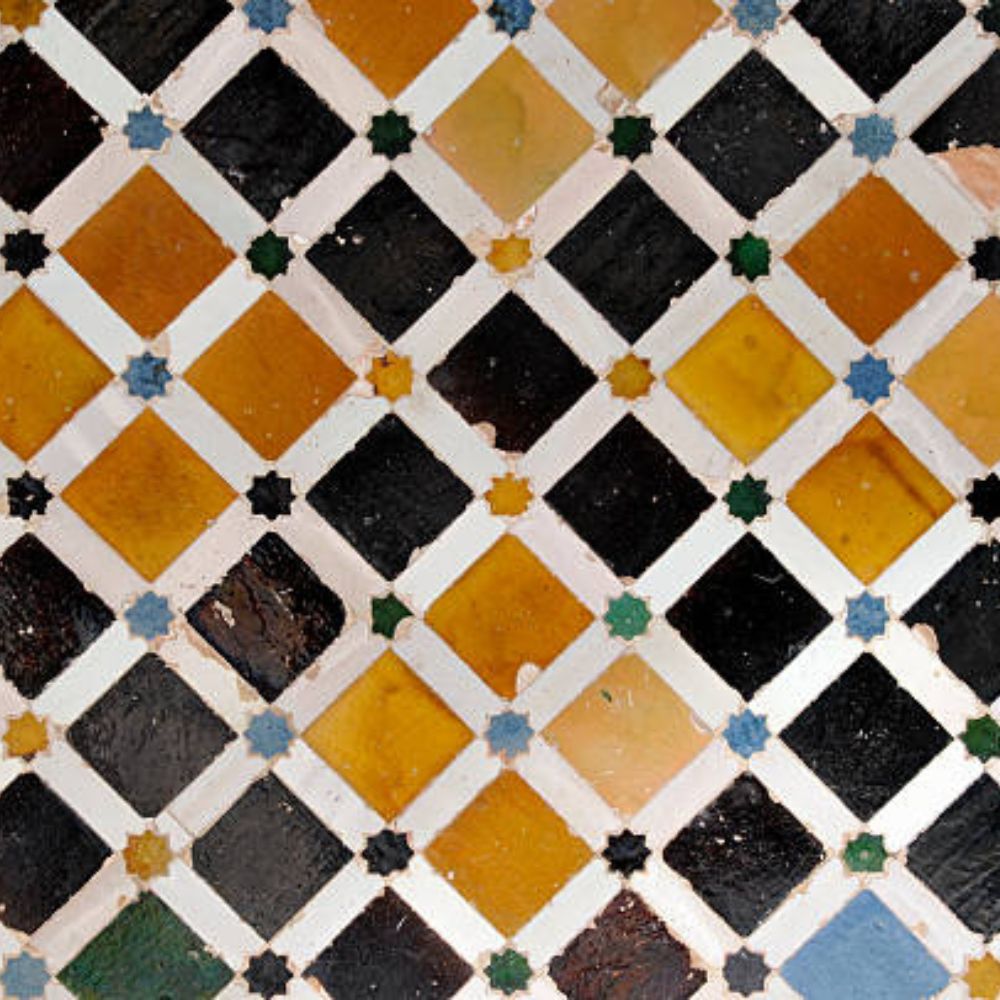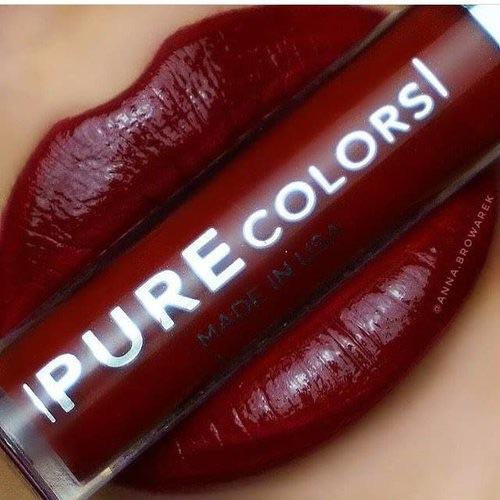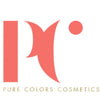WHOLESALE/DISTRIBUTOR PARNTERSHIPS
By harnessing innovative approaches and advanced technologies, we're sourcing the most organic and natural materials to craft our products. Our entire focus is to provide our distribution and retail partners with the most beautiful and radiant products while powering further success in the natural beauty market through the use of a suite of cutting-edge tools and AI capabilities. We're committed to forging strategic partnerships and collaborations that drive unparalleled brand awareness and consumer engagement, ensuring our distribution and retail partners’ success every step of the way. With our extensive sourcing network, partner support system, and streamlined logistics and distribution, Pure Colors Cosmetics is uniquely positioned to lead the way in sustainable, high-quality cosmetics.

Pure Colors Cosmetics is a brand that is truly passionate about both wellness for our clients and for our planet. We are committed to using only the purest, most natural ingredients in their products. From vibrant eyeshadow palettes to nourishing skincare, every item in our collection is formulated to be kind to both your skin and the environment.
What sets Pure Colors apart is their dedication to transparency. We proudly display the natural origins of each ingredient, empowering customers to make informed choices about what they're putting on their bodies. By avoiding harsh chemicals and synthetic additives, Pure Colors creates makeup and skincare that is not only high-performing, but also genuinely good for you.
Join the movement towards a more conscious, eco-friendly future. Pure Colors Cosmetics is committed to delivering beautifully crafted, biodegradable products that not only nourish your skin but also the planet. Together, let's drive distinct advantages in brand awareness and consumption, redefining the natural beauty experience.
To learn more or start a Wholesale/Distributor Partnership, reach out to Pure Colors Cosmetics:
Contact: Pure Colors Direct 1-978-377-0081
Text/WhatsApp: 1-978-317-7600
Support@purecolorscosmetics.com





